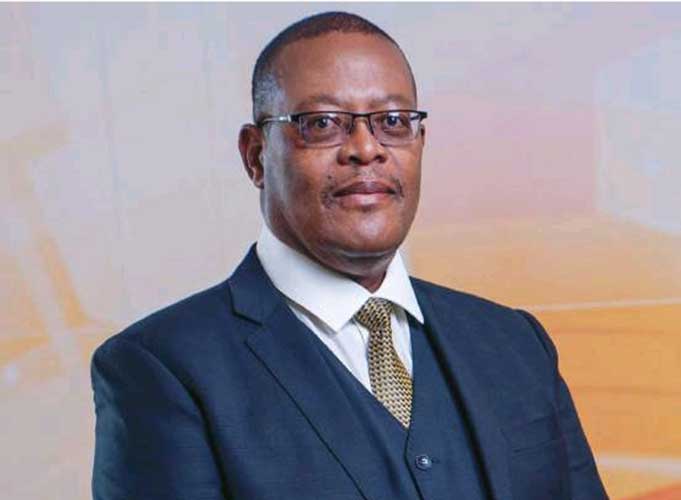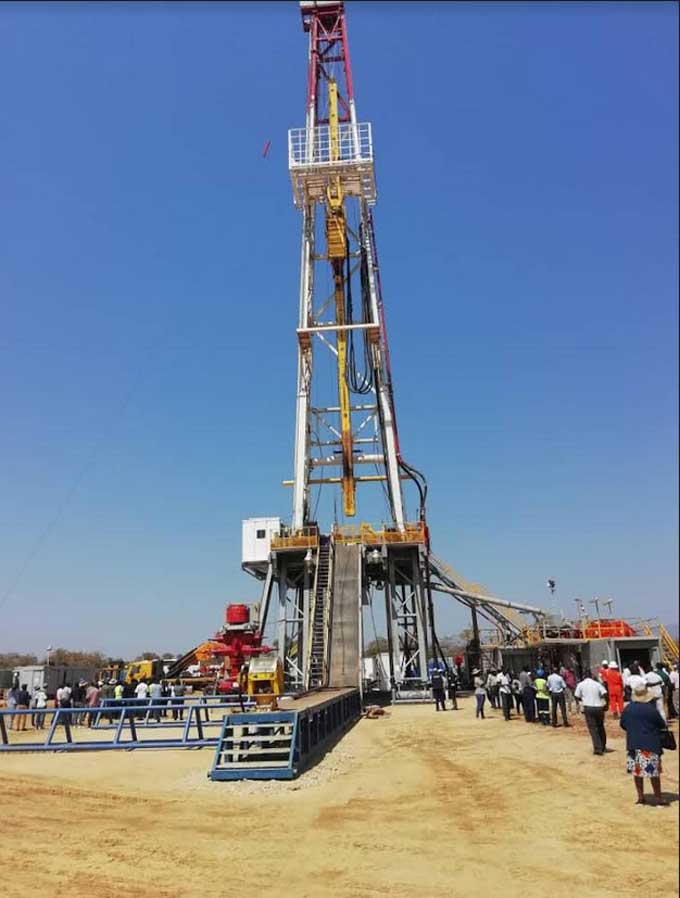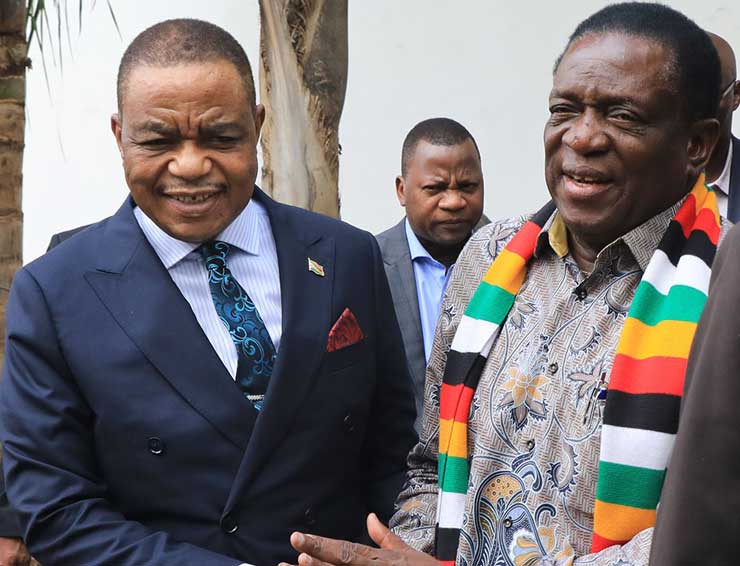
BY FREEMAN MAKOPA
GOVERNMENT is working with two key international organisations to secure grants for the development of the small to medium scale enterprise sector, according to Women and youth affairs minister, Sithembiso Nyoni.
In an interview with Standardbusiness, Nyoni said several projects had benefited from grants facilitated through the Common Market for East and Southern Africa (Comesa) and the United Nations Development Programme (UNDP).
The projects included those in Lupane and Binga, said the minister.
“The ministry is working with development partners including UNDP and COMESA to facilitate the provision of grants to upcoming and existing enterprises,” Nyoni told Standardbusiness.
“Under the Inclusive Growth and Sustainable Livelihoods Project, the ministry in collaboration with UNDP has facilitated the provision of the following grants in the districts of Lupane, Nkayi, Gokwe South and Binga. Provision of seed capital worth US$75 000 to 19 institutions to offer micro-credit to individual and group projects, provision of egg incubation equipment to enterprises in Nkayi worth US$6 000, establishment of four value addition centres, provision of value addition equipment and accessories. Under the Regional Integration Programme, the ministry in collaboration with Comesa and with support from the European Union extended production equipment grants to the tune of US$150 000 each to the following clusters: Bulawayo leather cluster benefiting over 30 members, Chitungwiza clothing cluster benefitting 25 members and Gazaland leather cluster benefitting 19 members,” she said.
Zimbabwe’s SMEs sector has emerged as the bedrock for employment provision since an industrial carnage hit the economy 21 years ago.
The resultant job losses have seen may people moving into the informal sector to establish their own businesses.
- Chamisa under fire over US$120K donation
- Mavhunga puts DeMbare into Chibuku quarterfinals
- Pension funds bet on Cabora Bassa oilfields
- Councils defy govt fire tender directive
Keep Reading
But with a cautious banking sector, access to capital has been difficult for the SMEs.
The broke government has failed to provide start up capital for the SMEs, and has recently been looking for new ways of funding them.
Nyoni also said the Small and Medium Enterprises Development Corporation (SMEDCO) had injected close to US$7 million to stem potential catastrophe in the micro, small and medium enterprises (MSMEs) sector following the Covid-19 outbreak.
She said the sector was at the cross roads in the aftermath of pandemic inspired hard-lockdowns.
She said urgent measures were key to keep the sector, estimated by the International Monetary Fund to be controlling about 60% of the country’s gross domestic product, running.
She said SMEDCO released $114 762 472 to 223 MSME in 2020, before sending out a further $405 557 982 to 281 projects this year, with a further US$2,4 million flowing from external funders.
However, Nyoni said current interventions were not enough to address capital requirements of an industry that had relapsed into funding chaos well before the pandemic exploded in March last year.
However, the minister attributed SMEs’ resilience to the bailouts.










